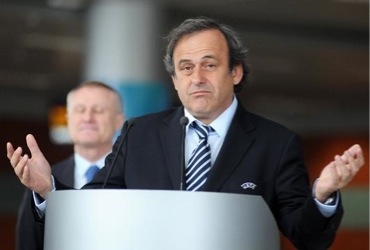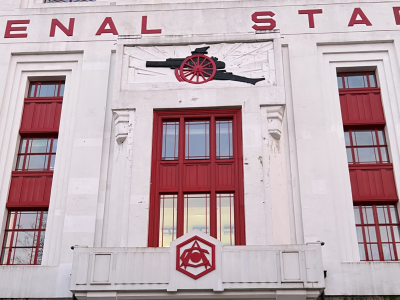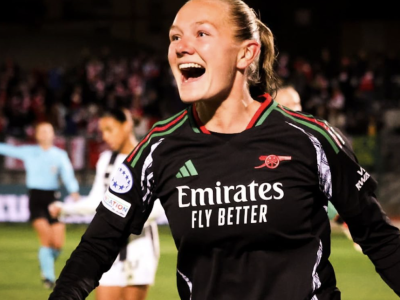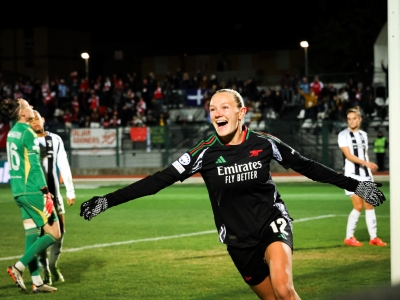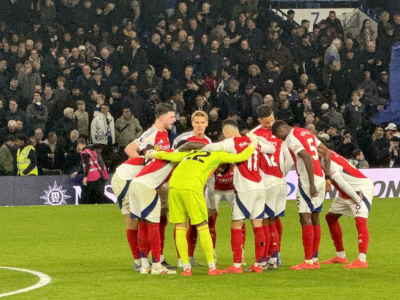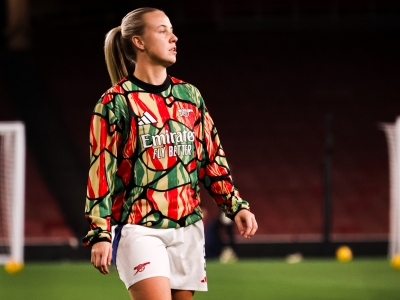Whilst many of us welcome UEFA’s gradually impending Fair Play ruling as an effective and necessary method of controlling debt, any hope that it will make the game more ethical off the pitch, and more competitive on it, is unrealistic. From the ethical standpoint, I say this because it will put an even larger emphasis on clubs to maximise revenue, thereby enabling them to spend even bigger figures on transfer fees and wages. That revenue, as always, will come from the supporters directly at the turnstile and indirectly from television subscription. It will be harder than ever now to call for a decrease in admission prices as clubs will point to the need to keep up with the biggest spenders. No high ticket-price will be viewed as unjustified, no sponsor too domineering and no sell-out unreasonable; if the Premier League needs an excuse to finally impose their games-abroad plan they will soon have one. In order to maintain any dignified soul the game has left, the last thing football needs is an extra incentive to aggressively aim to increase turnover.
From an on-field competitive point of view, the Fair Play ruling will do little to bridge the gap between the well-off clubs and everyone else, especially when the likes of Real Madrid and Barcelona are declaring yearly revenues which are close to half a billion. So perhaps a better regulation is a European transfer-spending limit stating that no club can spend more than, for example, £40 million per season. So if you spend more than that on just one player, that’s your shopping over with for the season. Many will claim that this wouldn’t work, but it’s actually no more restrictive than the current UEFA ruling that prevents a club from any transfer-dealings throughout the majority of the year.
It’s a simple definitive rule with a clear intention of creating more of a level playing field, which football in Europe is so lacking. I will concede that a transfer limit could be open to abuse as spare funds, normally used for transfers, could potentially be used to acquire players via even more outrageous salaries. So, for such a transfer ruling to work it would probably have to be accompanied by a wage-cap. Other forms of abuse from clubs might include underhand dealings and perks on the side, but that would be for the governing bodies to monitor, manage and potentially penalise. The impending Fair Play Rules are already open to abuse, as a club can obtain sponsorship revenue via the owner’s business for an outrageously inflated figure that will count as club revenue as opposed to a sugar-daddy donation.
Whether or not you agree with the suggestion of a transfer limit, we surely can’t continue down this path where a minority of clubs can spend vulgar amounts of money that leave everyone else behind and make the outcome of a competition easier to predict before a ball has even been kicked. The Fair Play ruling will not prevent anyone from spending £100 million or more on one player just so long as the accountants can provide the back-up revenue spread-sheets. Like life, in football the rich get richer and there becomes a point where no-one else can break through and realistically compete.
Today’s football is a metaphor for modern capitalism - more money may be generated but it ends up in fewer hands. There may have always been a degree of hierarchy, but now it’s unbreakable and soul-destroying. For example, La Liga has become the new version of the Scottish Premier League, only with higher-quality football. Not so long ago, a team like Valencia would put in a credible challenge for the top honours. Now Spain’s third team are no more a threat than Hearts or Aberdeen. They may have finished third in 20011-12, but they were an incredible 39 points behind big-spending Real Madrid. Such a point gap between first and third is a wake-up call that serious measures have to be taken that go further than just enforcing spending within a turnover.
In England during the 1980s, teams such as Ipswich, Watford, Southampton and West Ham put in genuine title-challenges. At the start of the 2012-13 season, Southampton are 1500/1 to win the league and West Ham 2000/1. In fact, twelve out of twenty Premier League clubs are considered so weak that they have odds of at least four digits to one. Seventh favourites Newcastle are 125/1, which - years ago - would have been the odds for a relegation certainty, not a team considered one of the best in the league. In reference to a club like Nottingham Forest winning Europe’s top honour twice in a row, as they did under Brian Clough, the universal viewpoint is that it will never happen again. The fact that we’re so willing to accept this is depressing, and at what point are we going to get bored and uninspired with watching just a few clubs rule the roost? For genuine Fair Play, the game needs far more effective regulations. In its current form it won’t ease the burden for the paying fan, nor will it bridge the gap between the most affluent clubs and everyone else.
Matthew Bazell is the author of Theatre of Silence: the Lost Soul of Football

